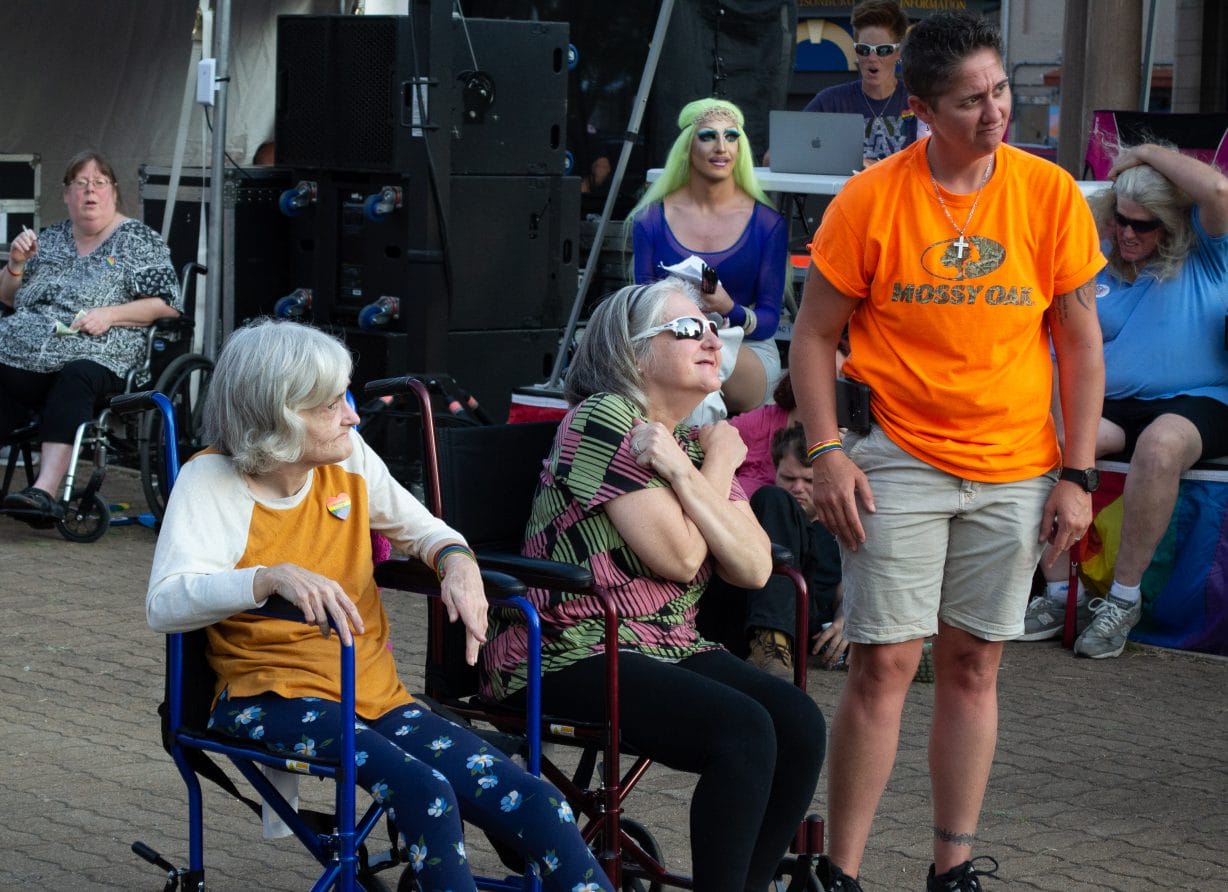
Quotes and photos collected by contributor Kyle Kirby (with additional photos by Randi B. Hagi, assistant editor)
Gay pride parades and festivals attract attendees for all sorts of reasons. Many are part of the LGBTQ+ community. Others come to show support for their loved ones, or just to be entertained at a big, outdoor drag show. For those who are gay or transgender or represented by another letter of the acronym, Pride events offer opportunities to celebrate their authentic selves in public.
The fifth annual Shenandoah Valley Pride attracted a brightly-adorned crowd to Harrisonburg’s Court Square on Saturday. Vendors selling rainbow-dyed merchandise set up their tents alongside organizations providing free HIV testing or offering “mom hugs,” while musicians and drag queens and kings performed throughout the afternoon.
Volunteers sold event t-shirts emblazoned with the words, “Honoring Stonewall 50.”
In the summer of 1969, an altercation between police and the queer and transgender patrons of the Stonewall Inn in New York City ignited the gay rights movement in America. The first gay pride parade was held in New York the following year. Fifty years after the Stonewall Riots, Harrisonburg festival-goers told The Citizen what “Pride” means to them. (Some responses have been edited for brevity.)
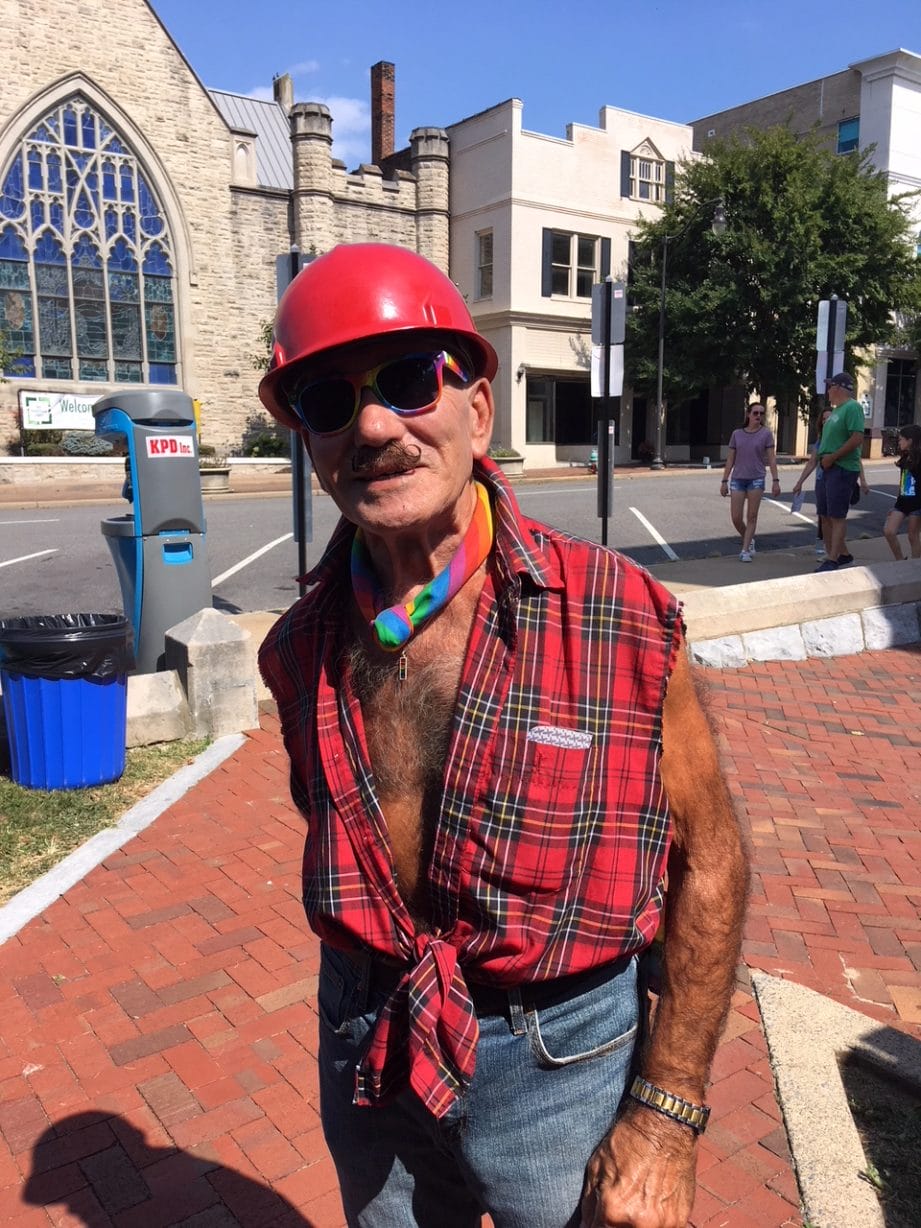
“I’m glad to see this happening here, because there aren’t a lot of places for it here. I’ve been [attending] since the ‘60s, and in the city I’m from there’s a whole block of bars. A lot of dancing and a lot of fun.”
William “Bill” Hevener
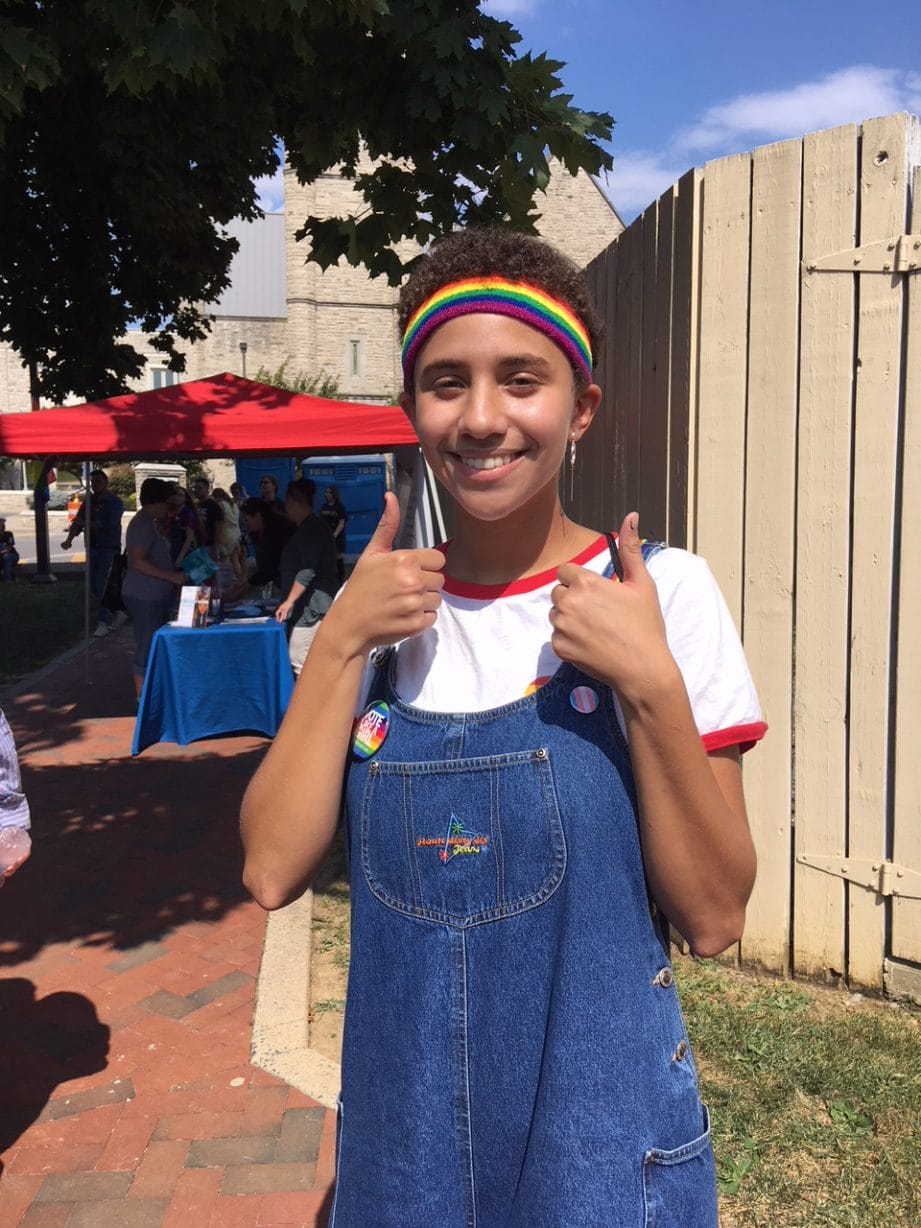
“For me, since all of my family was very homophobic, and I was the only gay one, Pride is very important ‘cause I’m surrounded by people who come from the same backgrounds, and it’s just a very open and safe space, and it’s just very comfortable to be here.”
“Mars”
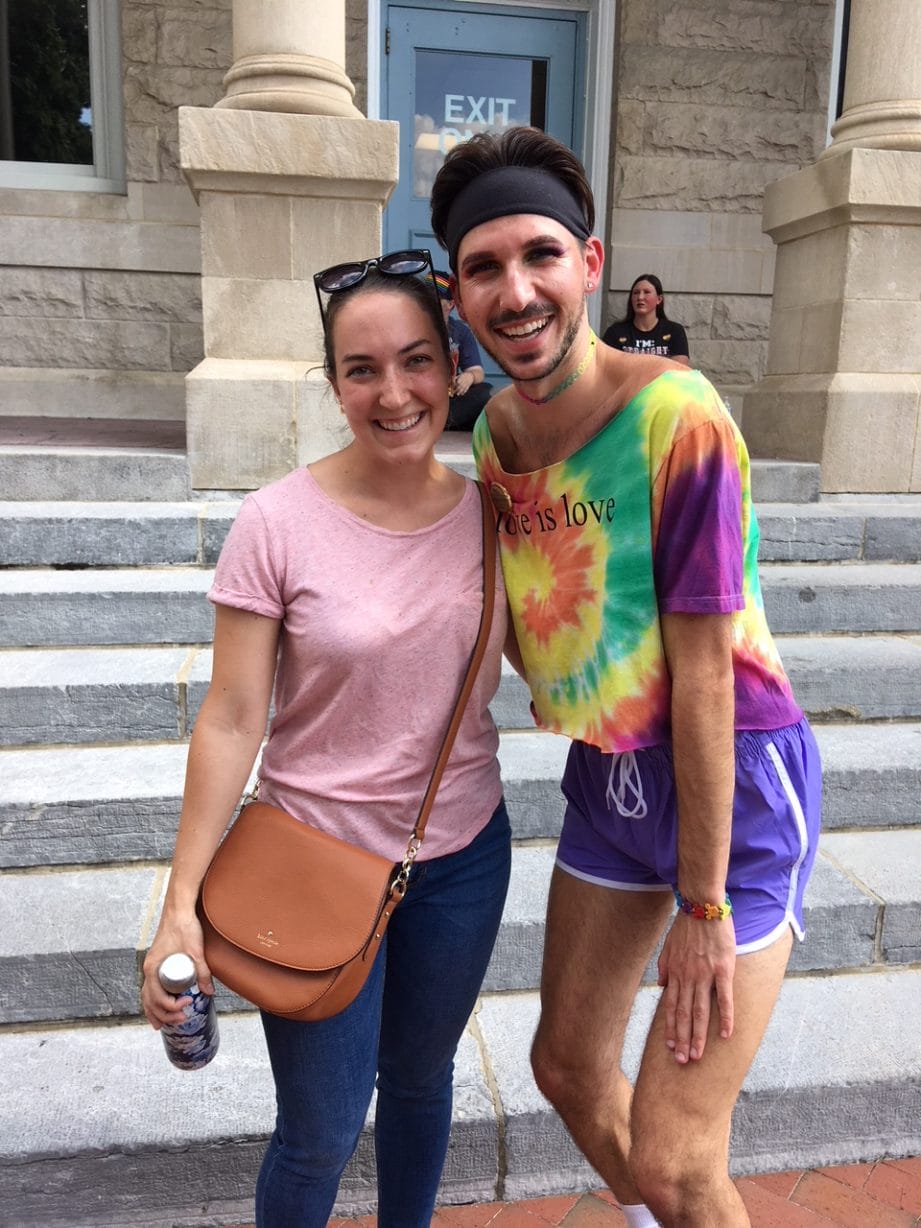
“The work that I do is with students so not only do I have a professional connection to this work, I work with sexuality, but also a personal connection through my family members … it’s important for me that, while I’m not around the family, to support them all the time from a distance, and I think it’s important to show up here in my community … it’s just showing up for those that don’t have other people to show up for them.”
Jordan McCann (left)
“I’m a graduate assistant … at James Madison University, so I’m somewhat in charge of the programming for sexual orientation, gender identity and expression. I think, for me, Pride is a way to to bring more visuality to what it means to be an LGBTQIA+ person in the community. … It’s just so important to be educated and to be an advocate for the people that are struggling with their identity or whatever they’re struggling with, to bring that pride and that affinity to the community so we can bring more happiness and joy to the world, and there could not be so much hate.”
Michael Rybak (right)
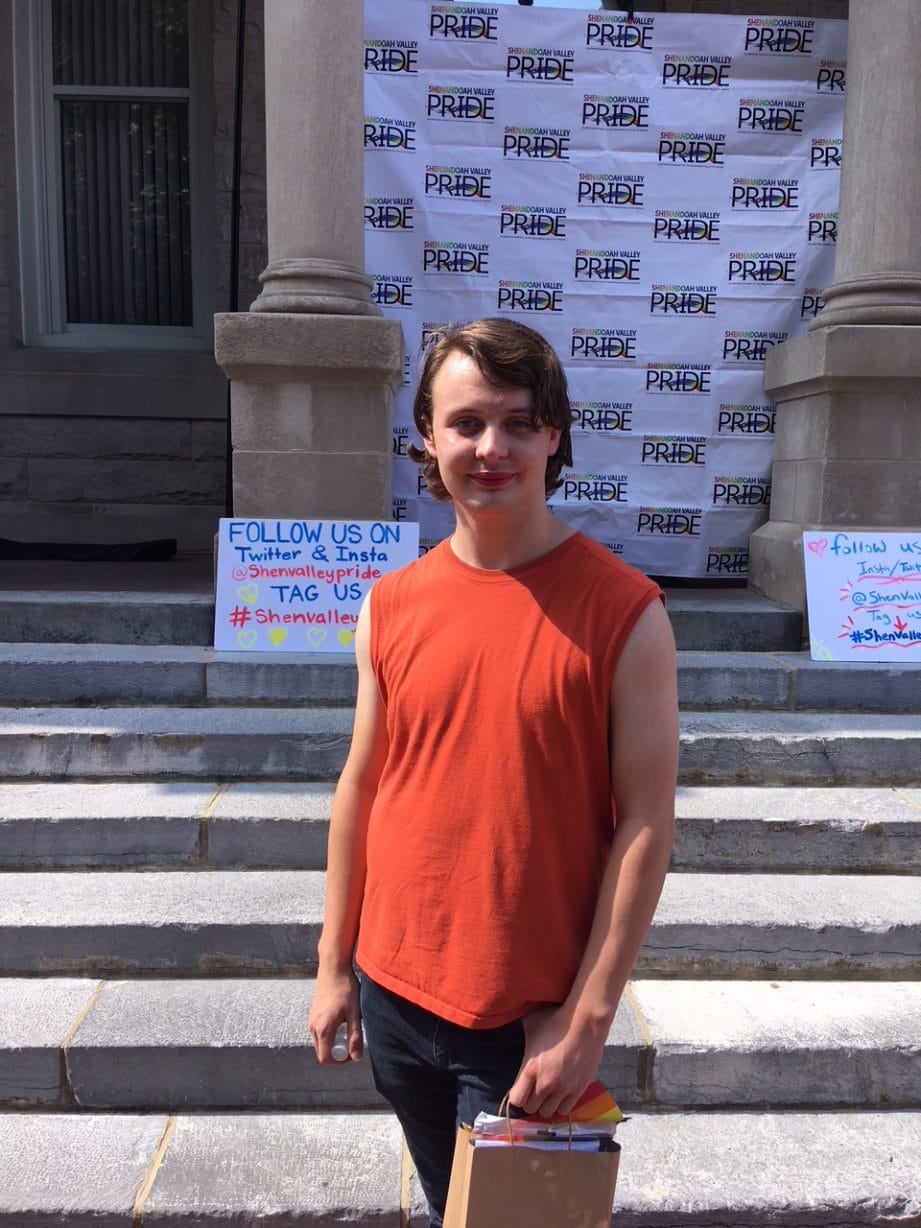
“To me, Pride means I get to do what I want – well, at least as long is it doesn’t hurt anyone – and people can’t tell me otherwise!”
A. Burks
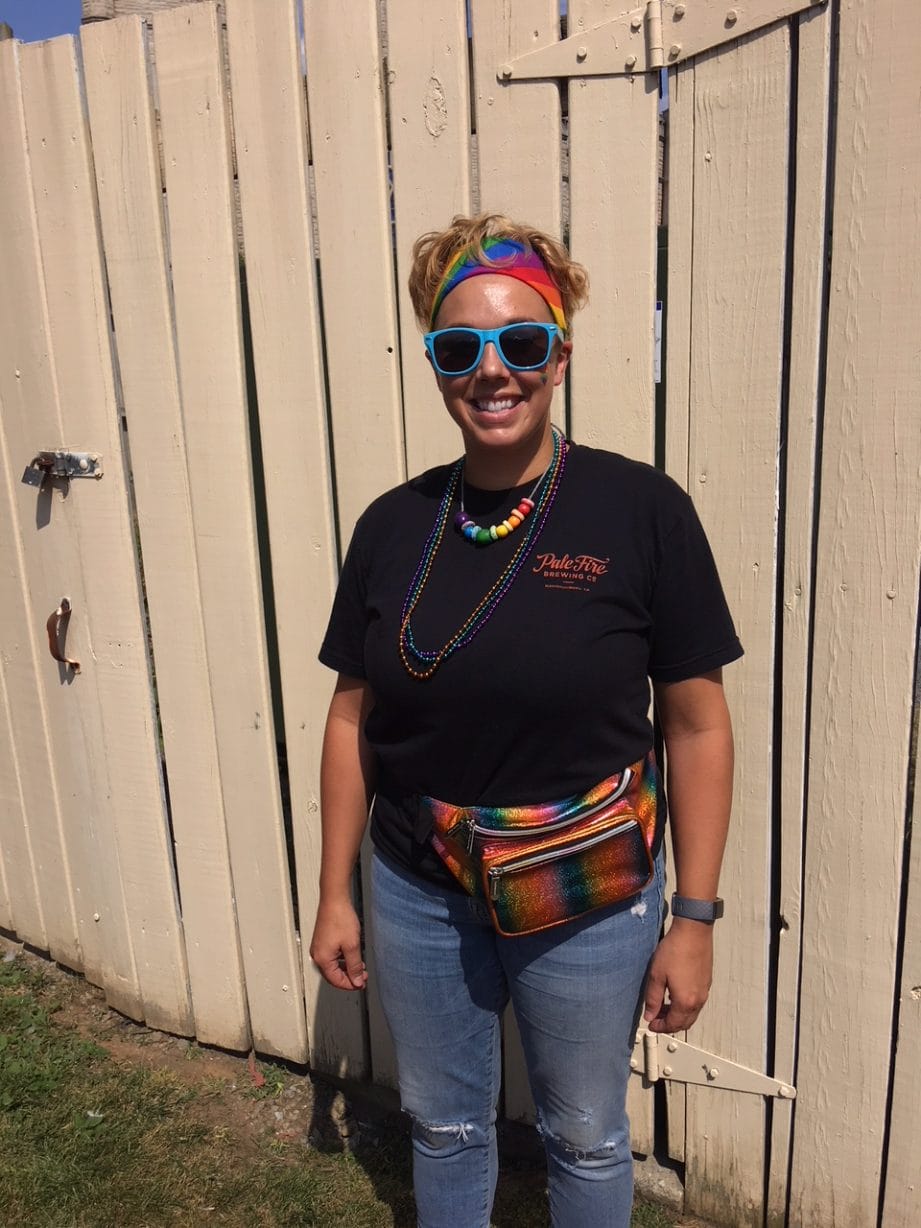
“To me, pride has a double meaning. I grew up in Richmond, which was a super, like, open community, but then I moved here, which was, eh, a little bit open. So it’s great to have this event in a community [where] you don’t always know 100 percent who’s with you or not. … As a teacher, it’s taken on a whole new meaning, because I have students now who are going through what I went through 20 years ago … bringing them here and having them do crafts and talk to people and meet people is awesome.”
Kate McDonald
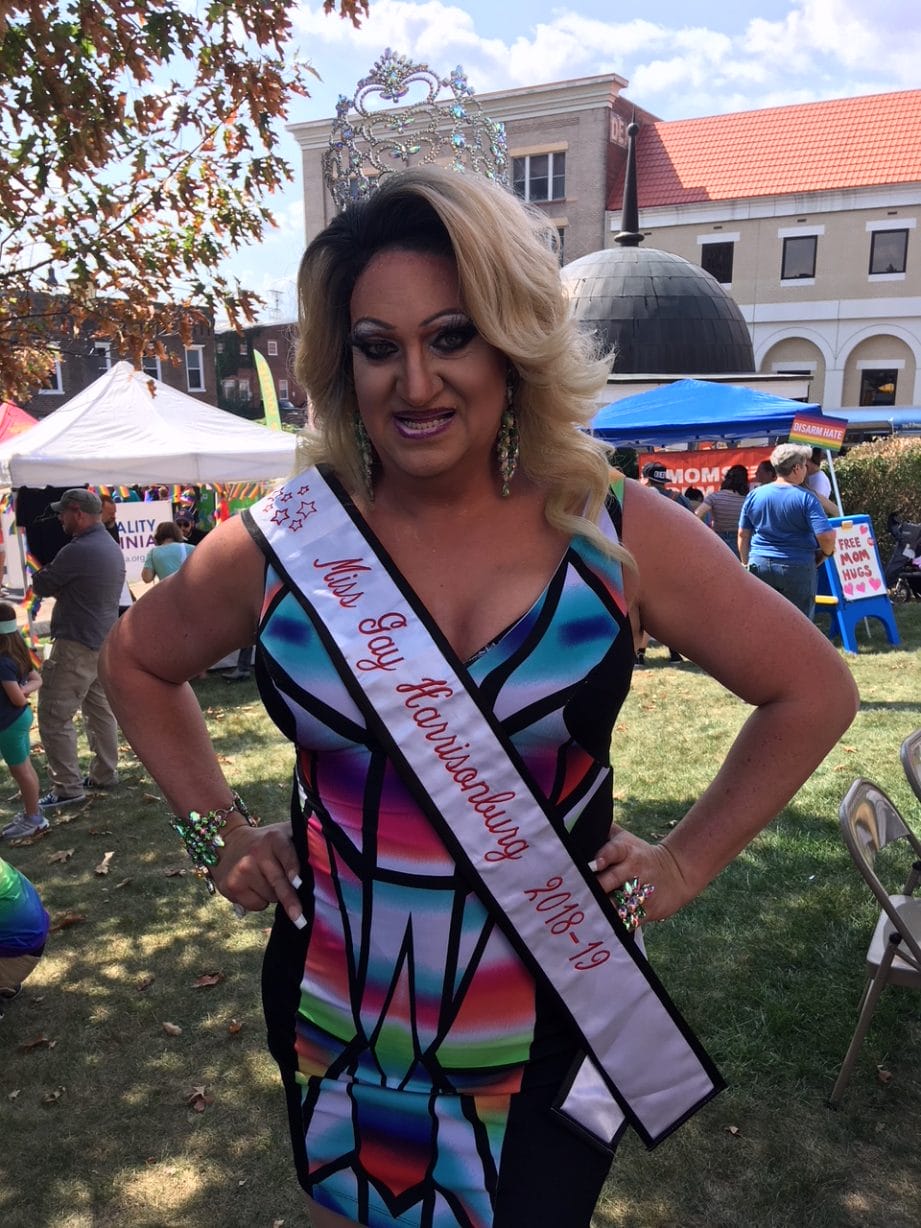
“This is my twentieth anniversary of doing drag. I started at Pride in Albany, New York, when it wasn’t anywhere near this big like it is in little cities [now], and to see the equality movement and the way that it’s grown, and to know that I’ve had a hand in that, a part in it – it’s nice for me to be able to sit back and say that what I’ve done throughout my twenty years has made an impact … it’s quite rewarding.”
“Chi Chi Ray Colby”
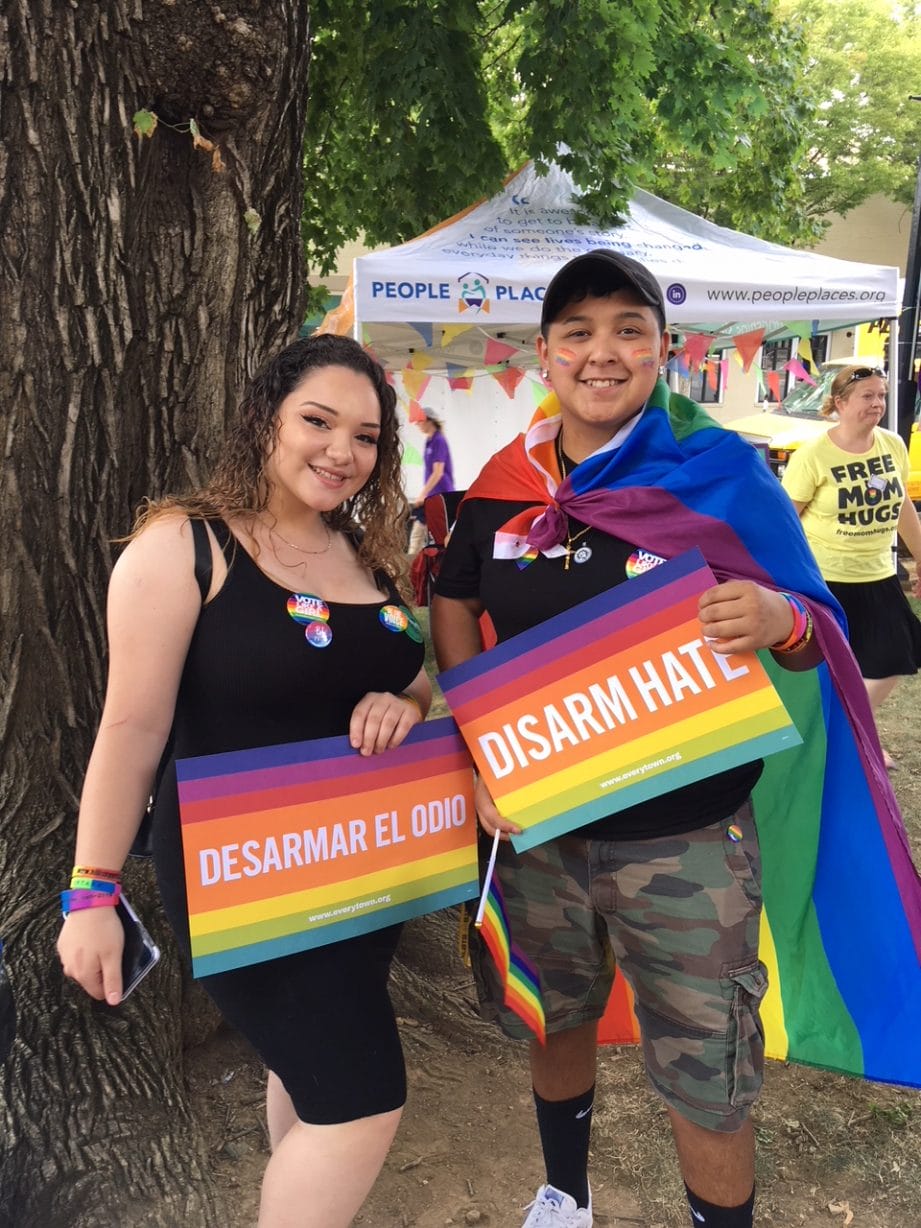
“Pride to me is equality, is being able to be yourself and not having to hide who you are – being able to be comfortable with yourself.”
Amexies Ramirez (left)
“So Pride and the Pride community is somewhere I can be myself and where I don’t have to hide my true colors.”
Valeria Moreno (right)
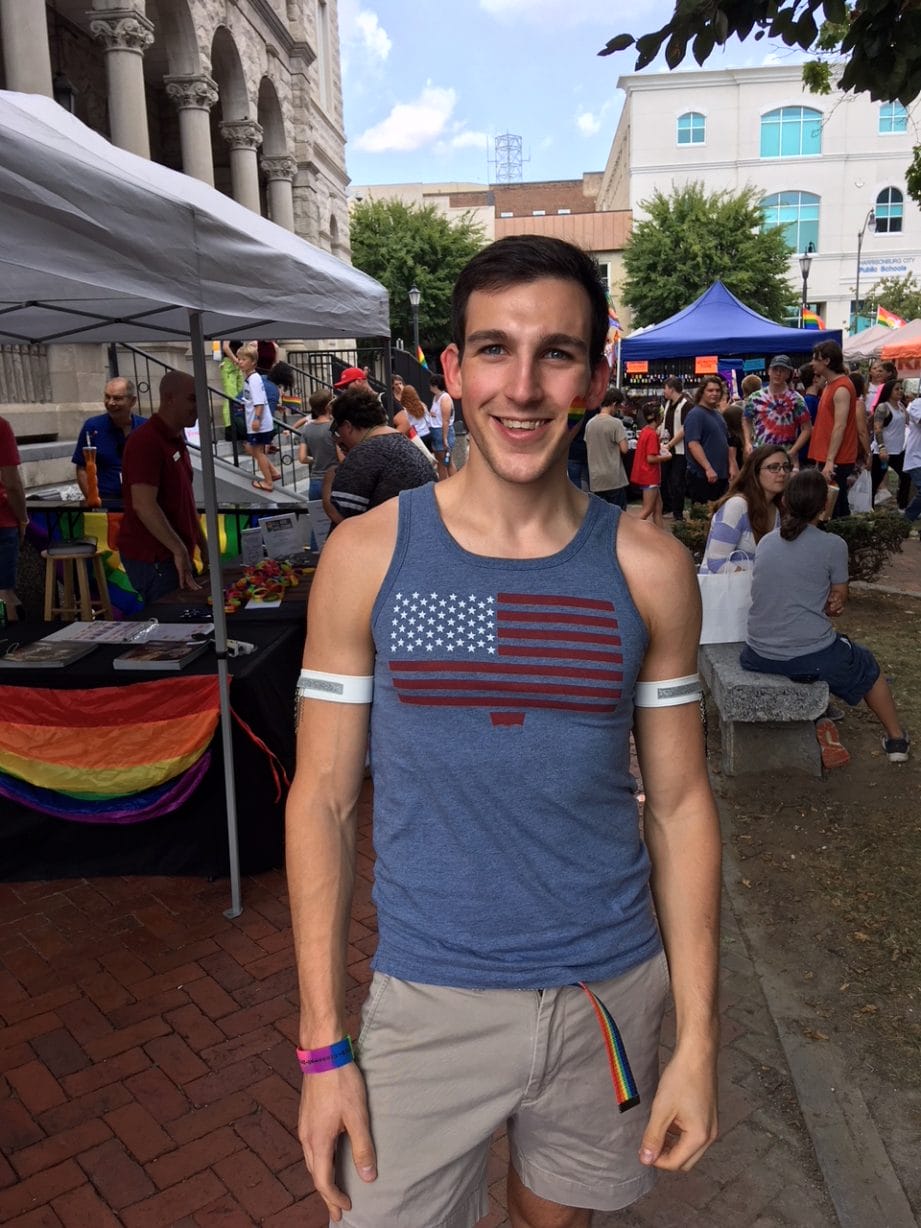
“I think to me, personally, it just is a sign of how far we’ve come. I mean this is the 50th anniversary of the Stonewall Riots, of course, and so it’s really amazing that … we as a people, the LGBT community, have come from having to throw bricks at police in a bar to openly celebrating ourselves and who we love and how we feel about ourselves and our gender identities. It’s amazing that we’ve come from throwing bricks at police to the police coming here to protect us.”
Chris Colonna
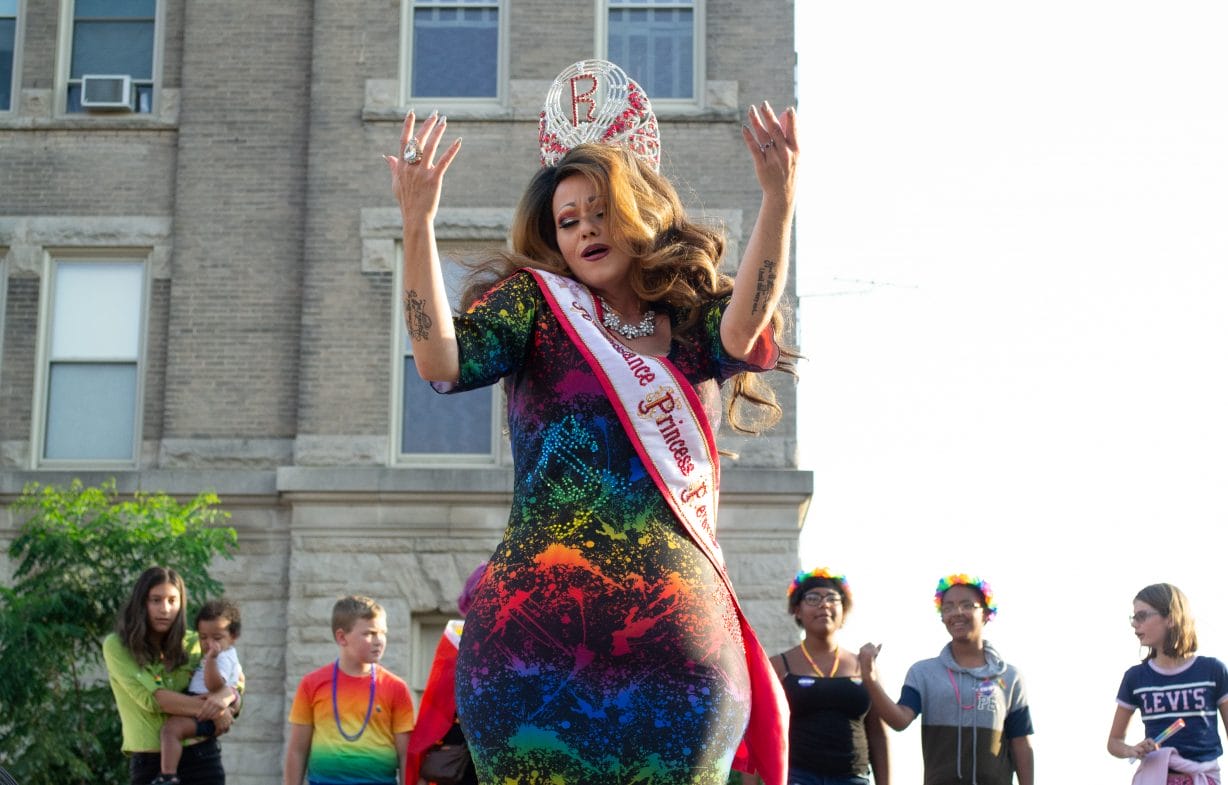
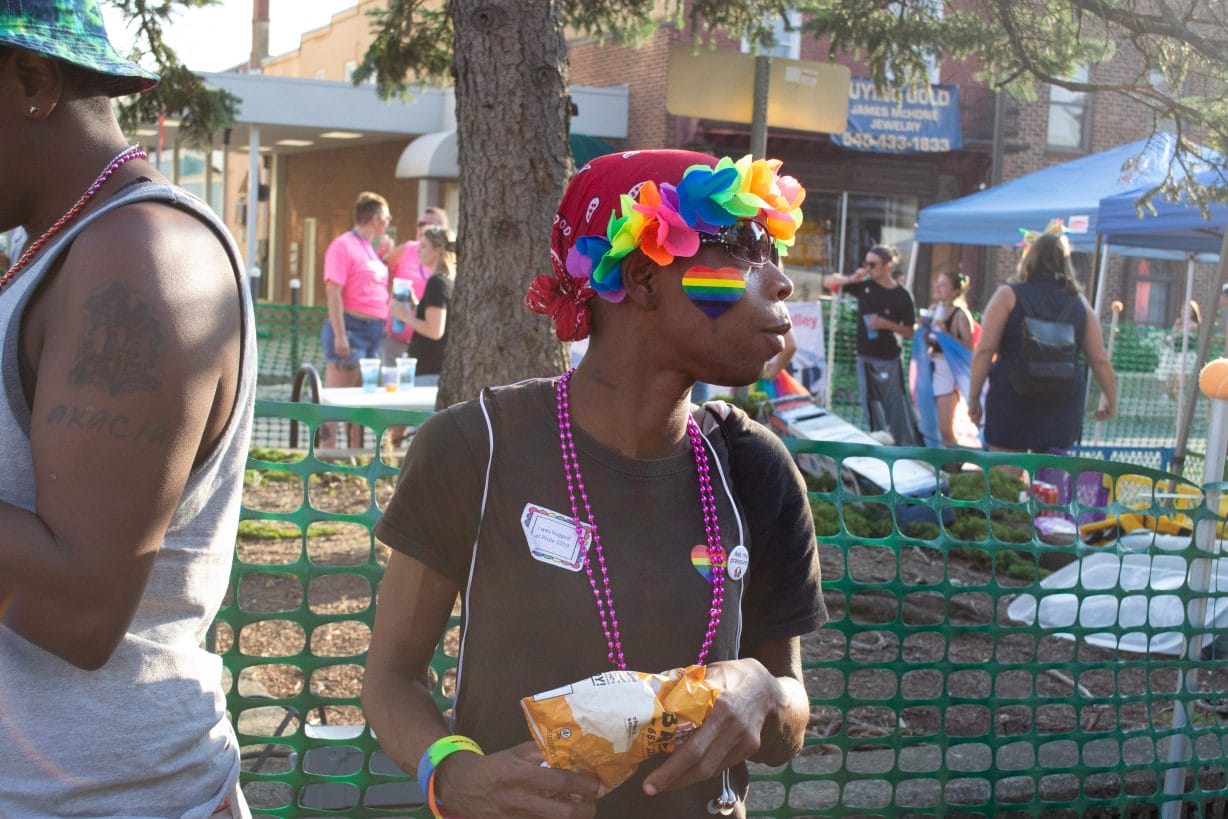
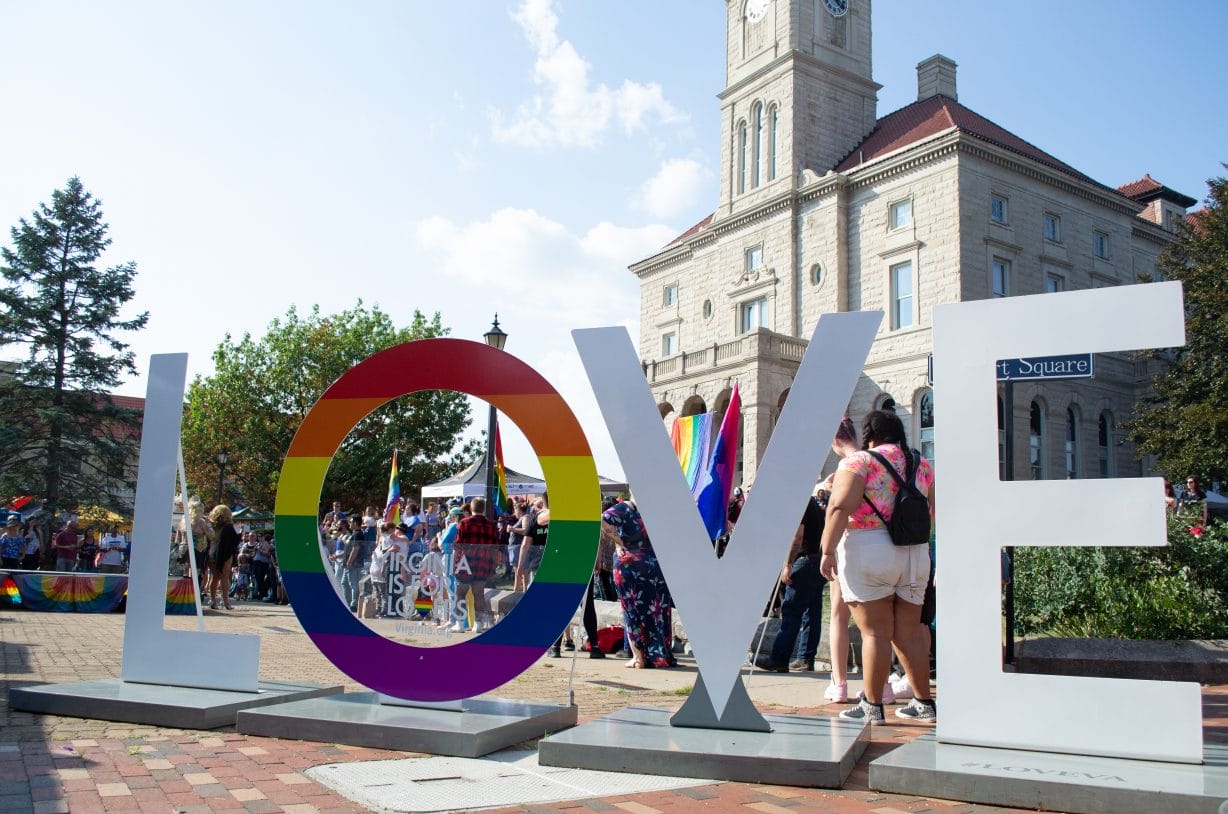
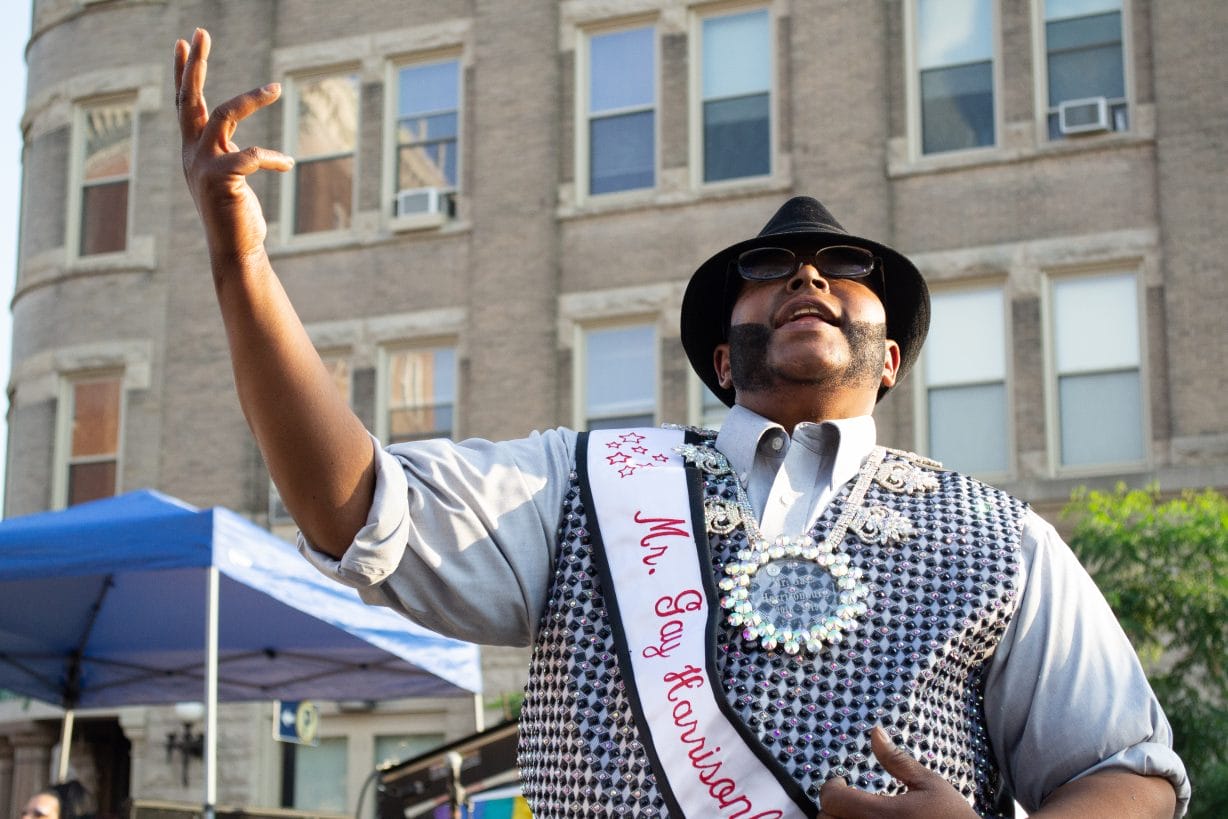
Journalism is changing, and that’s why The Citizen is here. We’re independent. We’re local. We pay our contributors, and the money you give goes directly to the reporting. No overhead. No printing costs. Just facts, stories and context. Thanks for your support.












